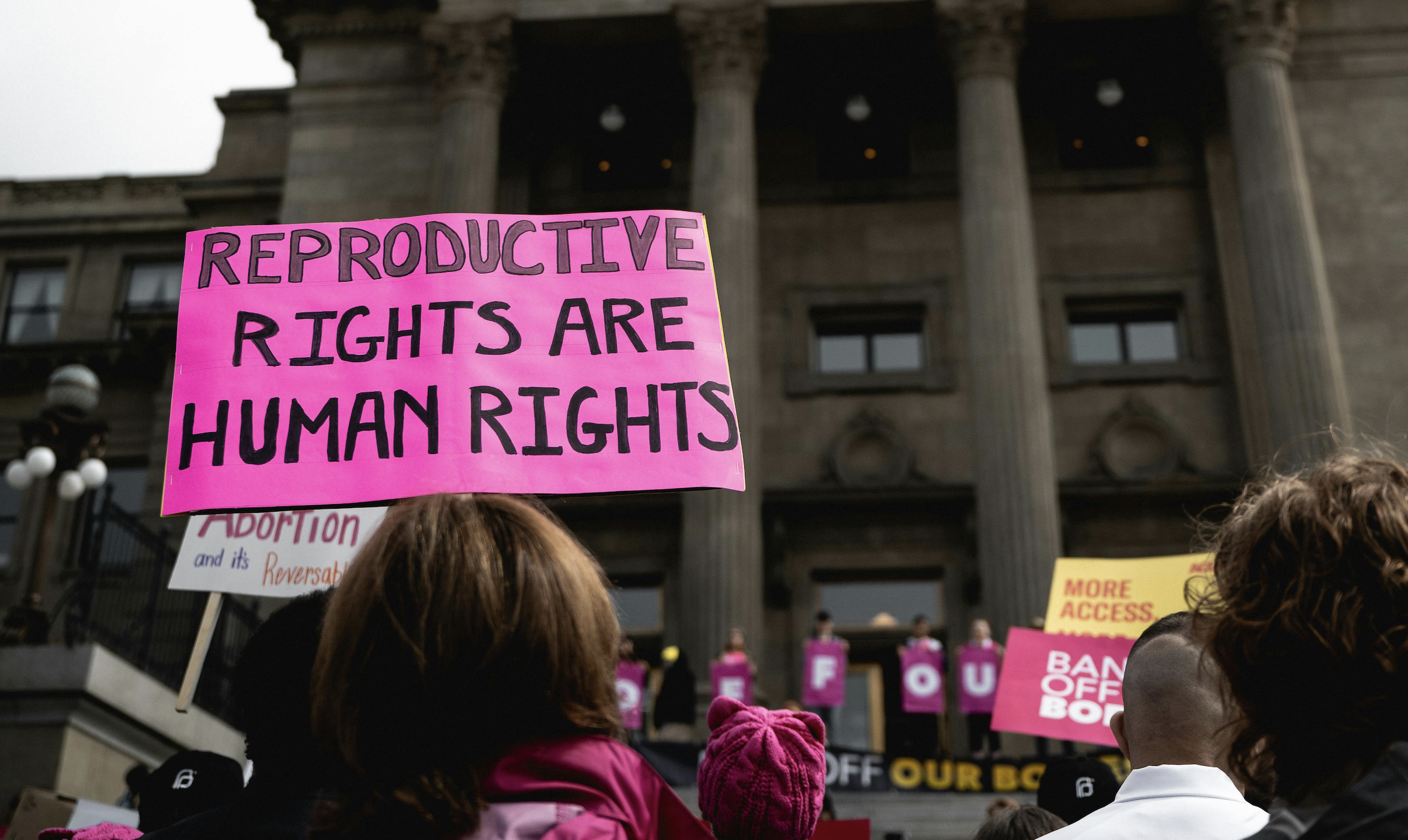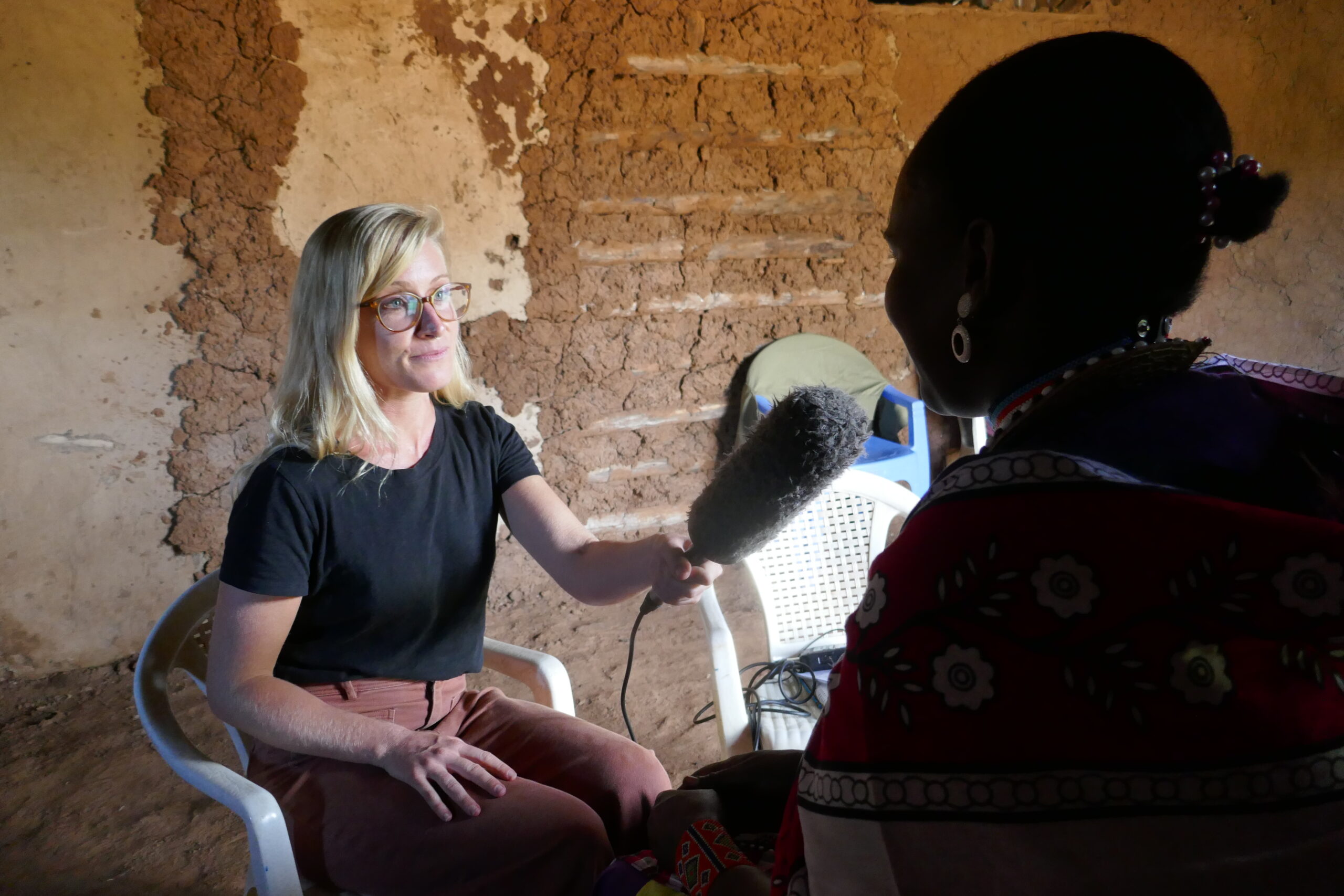
By Sameer Somal and Simran Singh for Girl Power USA
The angry feminist trope is perhaps as old as feminism itself. As Betty Friedan describes it, “[the man-eating feminist] myth that has cropped up continuously from the days of Lucy Stone to the present, whenever anyone has reason to oppose women’s move out of the home.”
And yet, women have never stopped the myth from expressing themselves and demanding rights of full human beings—for themselves and those around them.
We are currently in the cradle of the revolutionary age, with global connectivity and tech innovation introducing solutions to social issues prevailing in different parts of the world for ages. With the power of the internet and the courage of their convictions, younger generations are not waiting for anyone to start the change. They are mobilizing, taking action, and creating real impact in their own communities and all over the world.
Girl Power USA was built to be youth-led and focused. We believe in the ambition of the youth to grow and do good. We have seen firsthand how youth, especially young girls from underserved areas, have a drive to prove themselves and change the systems that present inherent challenges to the progression of certain social groups. With the right tools and encouragement, this fire can be fueled to create great impact, uplift communities, and change narratives.
The ‘Woke’ Culture
One too many jokes and memes have been made about Gen Z being overly sensitive, not wanting to work hard, or struggle. However, could this resistance be against a system that, though normalized, isn’t just? On another spectrum are the conversations around the young girls who are too progressive, nothing like ‘our mom’s generation,’ rejecting marriage and families.
While the woke culture has its failings, caring too much about righting the wrongs is not one. While it’s true that younger generations are calling out supposedly normal behavior, it is not always in a race to look better than. With the digital revolution, younger generations have access to greater knowledge. They are exposed to both a millennium of history and present conversations around the globe at their fingertips.
This information overload has made them confront truths about our societal structures that have escaped the notice of many. The unjust distribution, the conditions of the lowest strata in all regions, and the affluence and poverty divide become clear when voices from all over can speak on the same platform.
For young women, this looks like seeing the years of feminist movement fights and acknowledging the current rollback of rights and the long road ahead. Seeing regression in areas such as science, medicine, technology, or justice, is enough to make anyone angry. The good news? Young women have decided to use that anger and make some real change.
Why Young Women’s Voices Matter
Young women today are not settling for less. They aren’t compromising and are challenging traditional structures that pit women as ‘different but equal.’ In changing their expectations and what they accept in their own lives, they are building change from the ground up—one woman, one family, one community at a time.
But they aren’t stopping there. Their passion and ambition, combined with an empathy from acknowledging those who fought for rights before them, is an unstoppable power. These women are now stepping into it and demanding what is equal. They see equality not as an unattainable ideal but as a norm that is now long overdue.
No Y in the Road
Too often, youth face the choice of going into community development and doing good or climbing the corporate ladder of success. Girl Power USA and Girl Power Talk were built with the vision that there is no Y in the road. We have built a structure where youth can do both, develop their skills and be who they want to be, while still creating actionable change in society. We are committed to building a space where ambition meets purpose to create a revolutionary team.
Young Angry Women Today
We have seen firsthand how the determination of women can uplift entire communities. For example, Eno Okpo, founder of E-Enable and partner of our education program in Nigeria, was born with polio. Doctors said she could never walk, but she—and her parents—were not ones to give up. Today, Eno leads a nonprofit dedicated to enabling differently-abled individuals, especially girls. Along with Girl Power USA, she is currently supporting 100+ young girls to stay in school through scholastic scholarships.
Similarly, Sophia Akumu, from Uganda, is a teacher in a primary school. She saw the epidemic of period poverty among her students. With her Paa Maa Foundation initiative, she reached out to Girl Power USA looking for a solution. She visited our associate director in Kenya and got trained in making reusable cotton pads. Today, under Girl Power USA, she runs our period action program in Uganda, teaching young girls to make pads, be independent, and be aware of their health.
There are similar examples all around the globe. Some notable young women include Greta Thunberg, a climate and human rights activist, who didn’t wait for any government to take action against injustice. Trechelle Bunn is the youngest and first female chief in the Birdtail Sioux Dakota Nation in Manitoba at 25. Deja Foxx is the founder of GenZ Girl Gang, a platform for women to find sisterhood. At 19, she became one of the youngest staffers in a political campaign team and is currently running for office with an aim to advocate for reproductive rights.
Emma Watson has constantly used her platform to advocate for gender justice and was also named the UN Women Goodwill Ambassador in 2014. Marley Dias, part of a Forbes 30 under 30 list at 13, started her #1000BlackGirlBooks initiative after being frustrated by a lack of representation in her school reading list—an initiative that won her various accolades, including speaking at the White House’s United State of Women Summit alongside Michelle Obama and Oprah Winfrey.
These are just a few examples of hundreds of young women taking space and enacting change without waiting for a savior. They are angry, determined, passionate, and powerful.
Reclaiming Their Power
Women realizing their power is a significant act of rebellion for the world. The ‘angry young woman’ trope is hence outdated as a criticism and the new face for lasting social change. Girl Power USA is here for this reclaiming and is committed to supporting it.



Sameer Somal is the founder of Girl Power USA, a registered 501(c)(3) organization in the US and the official Generate Impact partner of Girl Power Talk. Sameer founded Girl Power USA based on his experiences leading with integrity and purpose as CEO of Blue Ocean Global Technology and co-founder of Girl Power Talk. Committed to education and empowerment, Sameer serves on the board of Future Business Leaders of America and is an active member of Abraham Lincoln Association, Academy of Legal Studies in Business, American Bar Association, and Women Economic Forum, among others. Sameer is also a CFA Institute 2022 Inspirational Leader Award recipient and was named an Iconic Leader by the Women Economic Forum.
Simran Singh serves as the Director of Girl Power USA. As a feminist with a background in law, Simran is deeply committed to building equitable opportunities for women and girls, ensuring that empowerment is not just a vision but a lived reality in the communities Girl Power USA serves.
Girl Power USA is a registered 501(c)(3) organization aligned with the UN SDGs and currently having 7 programs running across Africa and Asia in Healthcare, Education, Food Security, Climate Change, Gender Equality, and Necessary Support. They provide opportunities for people to drive social impact in their local or global communities and contribute to causes that they may otherwise not be able to see a direct impact. Girl Power USA offers direct connections to those that they are impacting and by focusing on transparency, are committed to documenting the benevolence of sponsors and donors. You can follow the organization on Instagram, Facebook, Linkedin and Youtube.
















